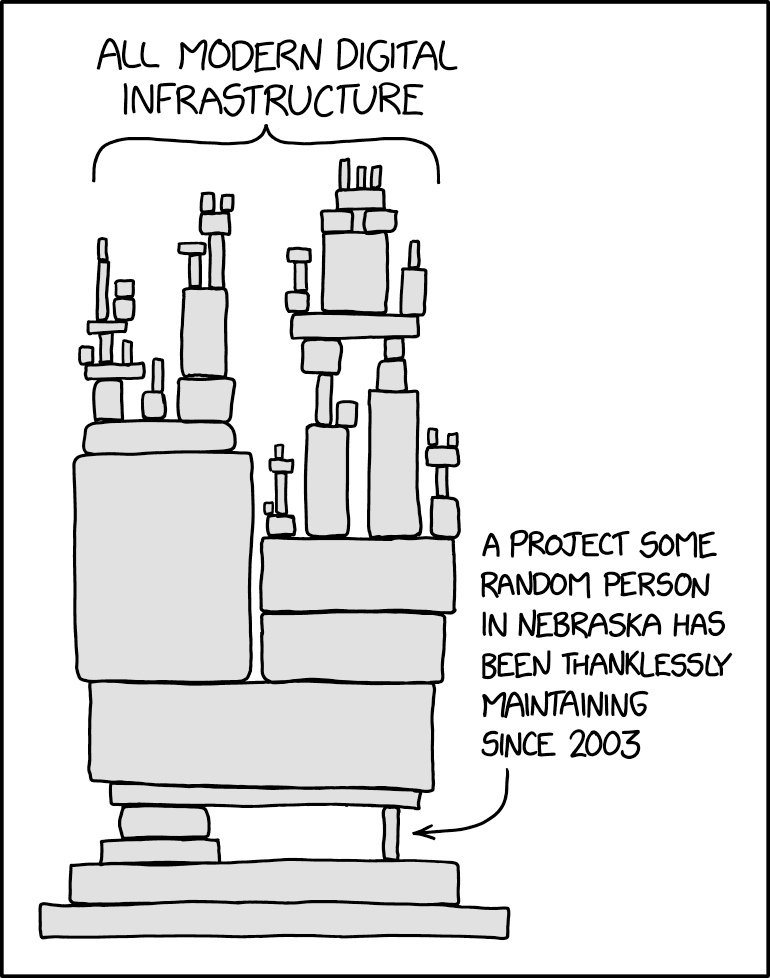I feel like this is a very modern problem with the community. I've been in open source for a long time, I've been employed by some of these companies to write open source things.
Most open source stuff was created by someone who was employed to write that open source thing. There are exceptions, of course, but most things came about because of a need, and that need is often related to work. Companies used to be a lot better with allowing open sourcing of components.
Then, there are all the community contributions that come from commercial reasons. If someone working at a company fixes a bug they encounter, that's someone being paid to write open source software.
I do not understand the reaction people are having to this now. The open source ecosystem was built on this.

